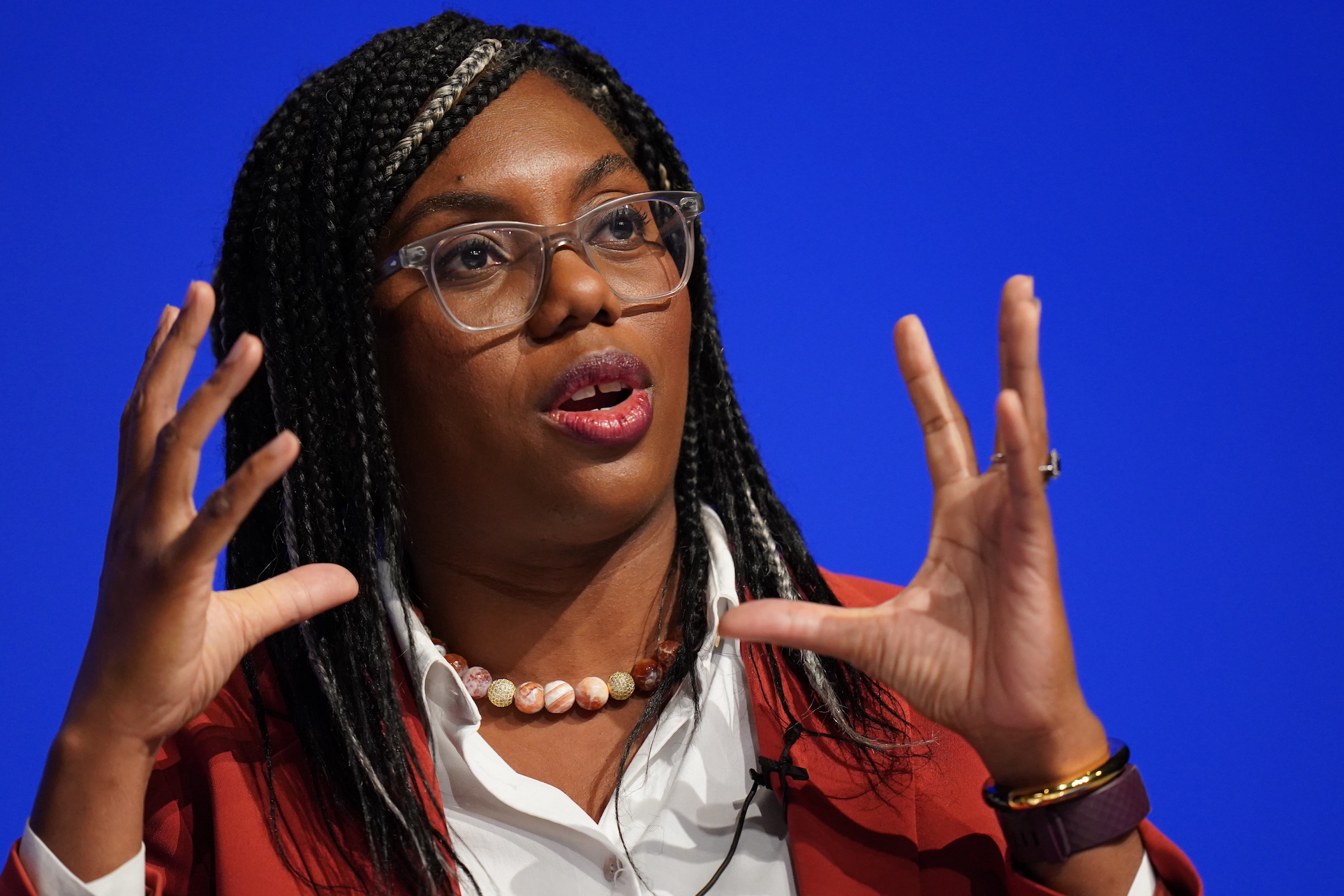The UK is set to join the Comprehensive and Progressive Agreement for Trans-Pacific Partnership (CPTPP) in what the government has described as the biggest trade deal since Brexit.
The CPTPP is a free trade agreement between 11 countries across the Indo-Pacific, including Australia, Brunei, Canada, Chile, Japan, Malaysia, Mexico, New Zealand, Peru, Singapore and Vietnam. The partnership sees the countries reducing trade barriers and tariffs.
Upon joining, the UK will become the first European country to enter the agreement, and the government claims it will lead to a £1.8bn boost to the economy “in the long run”, meaning over 10 years. However, critics have highlighted that this figure represents less than one per cent of UK GDP.
Speaking this morning, business and trade secretary Kemi Badenoch hailed the deal as “very significant” for the UK.


She told Times Radio: “I am unbelievably excited about it. It may not sound like that because I am talking on four hours sleep but it is one of the biggest trade deals we have ever done”.
“It is certainly the biggest trade bloc we have entered since we joined the European Economic Community and what it is going to do is open up our economy to where the new global growth is coming from”.
When it suggested to Ms Badenoch that joining the CPTPP will still not be as good in terms of trade as the UK being a part of the European Union, she replied: “We are still in a free trade agreement with the EU. This is in addition to our free trade agreement.
“I think it would be quite ridiculous to suggest that we shouldn’t carry out any free trade deals now we have left the EU”.
She added: “We have left the EU so we need to look at what to do in order to grow the UK economy and not keep talking about a vote from seven years ago”.
The UK’s entry into the CPTPP has been praised by a number of business groups, including the CBI and Standard Chartered. But other trade experts have suggested it will not make up for the economic hit caused by the UK’s departure from the EU in 2020.
Our accession follows nearly two years of negotiations, culminating in intensive talks in Vietnam earlier this month, which saw delegates from all 11 existing members agree to the UK joining.
Prime minister Rishi Sunak has said the agreement “puts the UK at the centre of a dynamic and growing group of Pacific economies”.
He added: “We are at our heart an open and free-trading nation, and this deal demonstrates the real economic benefits of our post-Brexit freedoms. As part of CPTPP, the UK is now in a prime position in the global economy to seize opportunities for new jobs, growth and innovation”.
Mr Sunak was joined by other Conservative MPs, including his chancellor Jeremy Hunt in praising the new trading arrangement. Mr Hunt told broadcasters that by joining the bloc the UK was increasing its access to “one of the fastest growing areas in the world”.
He said: “The significance of joining the Pacific trade bloc is that this is one of the fastest growing areas in the world. Around half of the world’s middle-class consumers will be in this bloc of countries by the end of the decade.
Labour’s Pat McFadden, the shadow chief secretary to the Treasury, has cautiously welcomed the new trading arrangement.
He told Sky News that sometimes the detail of trade deals signed by the government is “not quite as advantageous as the government has first claimed”.
Mr McFadden said: “We support free and open trade, so we’d give this a welcome, but also a cautious welcome.
“Because what we’ve experienced over the past few years is that when the government has signed trade deals, very often once you look at the detail, they’re not quite as advantageous as the government has first claimed.
“But on the face of it, this can give us new opportunities to trade with fast-growing economies around the world”.

